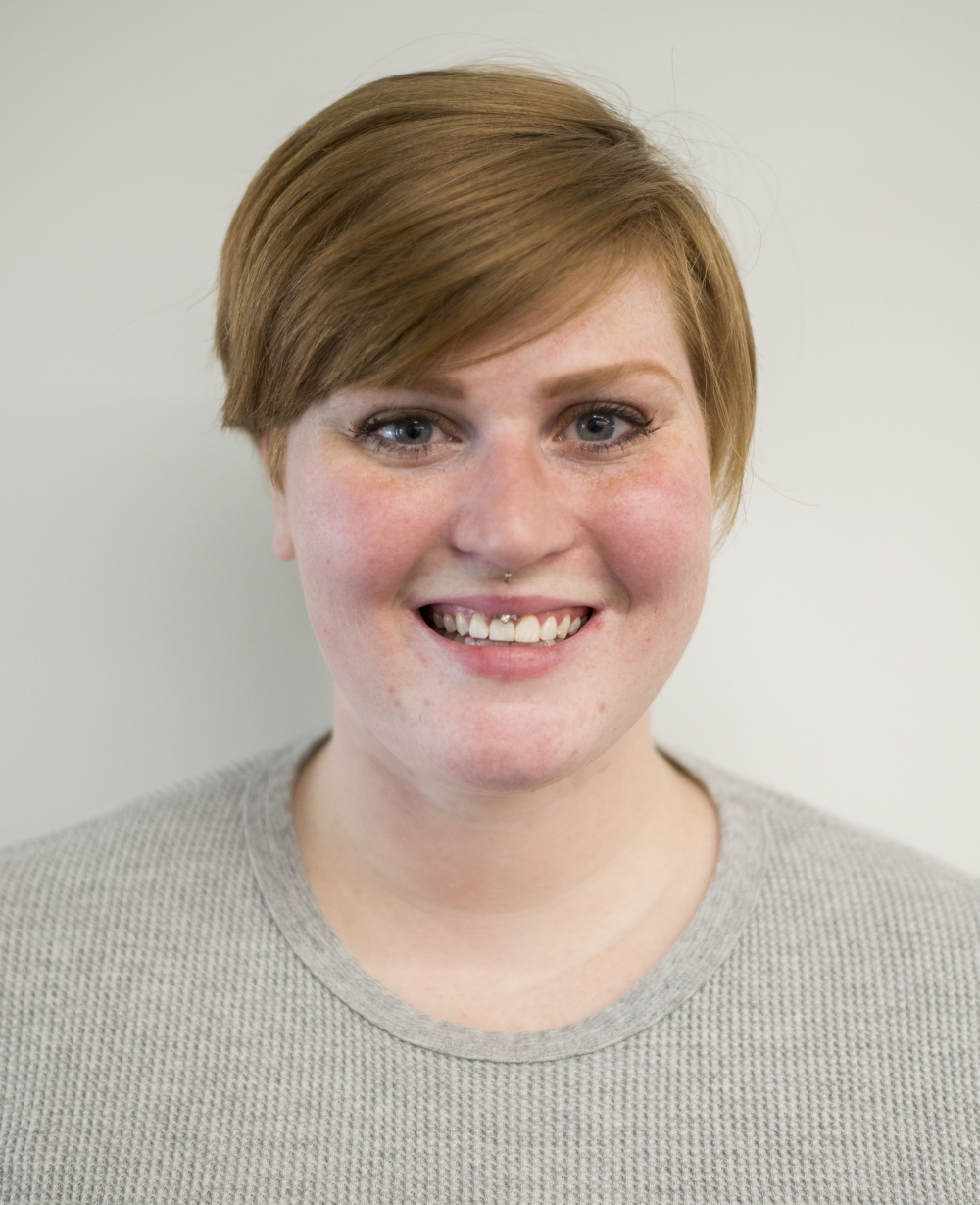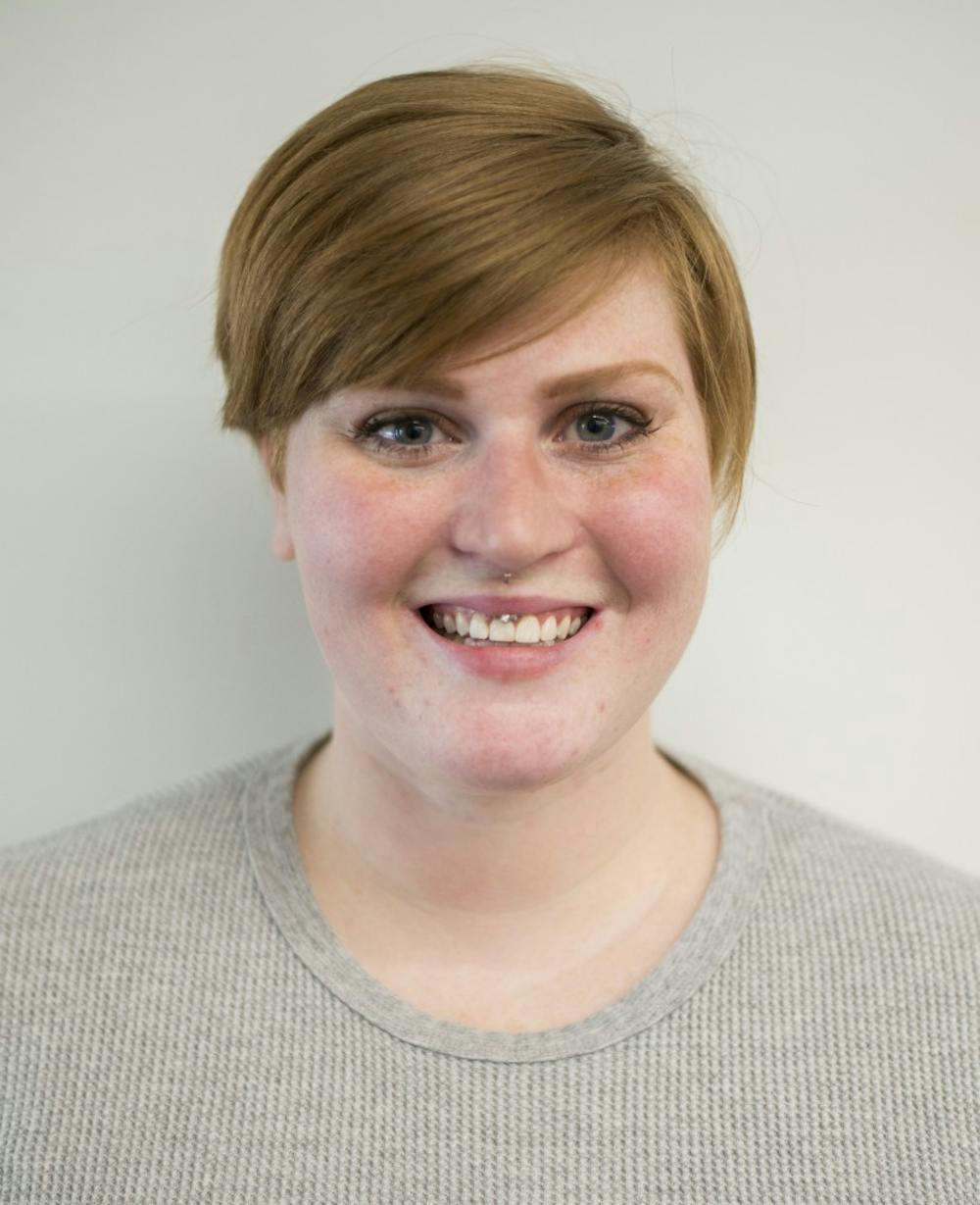Laura Arwood is a senior telecommunications and journalism news major and writes "Knock on ArWood" for the Daily News. Her views do not necessarily agree with those of the newspaper. Write to Laura at llarwood@bsu.edu.
Editor's note: This article is the first of a series covering the topic of eating disorders.
Four years ago, I wasn’t doing so hot. I was living in a teeny apartment on the south side of Muncie, too strapped for cash to push the heat above 65, too depressed to attend class and too sad to fill my anti-depressants.
The only time I left was to get binge food. That was my life: binge, purge, binge, purge.
I was in the habit of negotiating whether or not to kill myself. Every day, I’d make a plan to end my life and tell myself, “Okay, if we can make it until 9 p.m., we can just go to bed. We can just go to sleep.” (I’ve attempted before, but those are different stories for different days).
 |
|---|
I was two years clean and sober and hooked on what I still consider the most addictive drug of all time – bulimia.
The first time I hated the way I looked it was before I could walk. The stories relatives tell of my childhood include me throwing fits over cookies and calling myself “the fat one.” It was my role, or roll, to fill.
The first time I dieted was in elementary school, my first purge was in middle school, by high school, I was a top-state swimmer and eating everything I could. I’d look in the mirror and cry.
My mom and I would go shopping and I’d vow to her, “I’m going to fix this. I’m going to fix it.” She would tell me she believed in me, and that I’d be so pretty if I could just lose the weight.
I really would be something if I could just lose the weight.
During my senior year of high school, I quit swimming and began drinking and never stopped. I gained far too much weight. I found myself at 252 pounds, and my dad said he’d give me $10 for each pound I lost.
I started the Atkins diet and stopped drinking because being fat was worse than being sober. I dropped 38 pounds in a month, and everyone was so proud. By two months I had lost 65, but I was still fat. I was still waiting to start my life.
On Feb. 9, 2010, I was four days sober and entered rehab. The intake interview asks all of the fun questions: Booze? How much? Drugs, which drugs? Sexual abuse, when? Rape? Show me on the doll. Eating disorder?
“I’m bulimic,” I said, for the first time ever.
I still wasn’t sure I fit the bulimia description. First, I’m fat. Second, I’m fat. Don’t eating disorders only count when it’s a Dr. Phil special and someone is dying of starvation?
The rehab director instructed that, as a term of my sobriety, I sign a contract promising that I won’t purge while in their treatment center. Ninety days and 46 gained pounds later, I knew I was bulimic.
Instead of setting me up with outpatient treatment for alcohol, they sent me to an eating disorder treatment clinic. I met with a counselor who asked me to tell her about my bulimia. I told her I only know things I read in my American Girl book on puberty.
I eventually abandoned my treatment and fell further into my eating disorder before I found myself in my teeny apartment and finally realized…
I’m not too fat for an eating disorder, and I need help.
Read more: Arwood's struggle to get treatment for her eating disorder.





